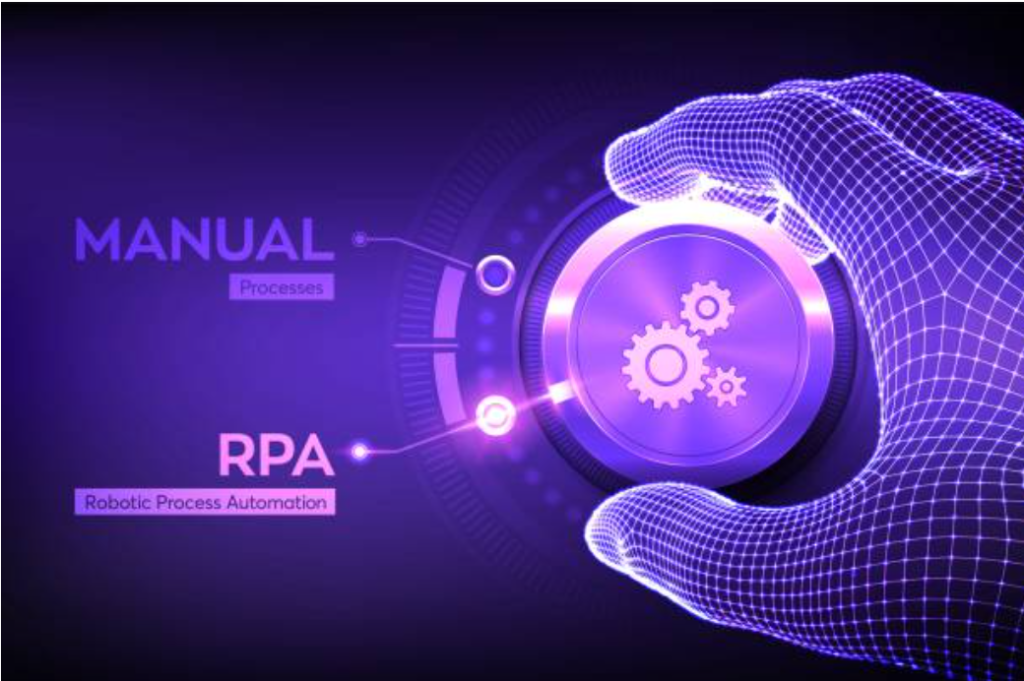
Chatbots have revolutionized the way companies interact with their customers, offering instant responses, personalized experiences, and seamless automation. These AI-powered virtual assistants are transforming industries by streamlining customer support, optimizing workflows, and enhancing user engagement.
At Promatic AI, we specialize in developing advanced chatbot solutions that help businesses stay ahead in a competitive landscape. This blog delves into how chatbots work, their real-world applications, and the impact they have on modern business operations.
What Are Chatbots and How Do They Work?
Chatbots are AI-powered programs designed to simulate human-like conversations. They use Natural Language Processing (NLP) and Machine Learning (ML) to understand, process, and respond to user queries. Over time, they improve their accuracy by learning from past interactions, making them smarter and more efficient.
There are two main types of chatbots:
- Rule-Based Chatbots – These follow predefined scripts and can only answer specific questions. They are useful for basic customer support, FAQs, and simple automation.
- AI-Powered Chatbots – These leverage NLP and ML to have more dynamic, natural conversations. They understand context, sentiment, and even intent, making them ideal for complex interactions.
Why Businesses Need Chatbots
From small startups to Fortune 500 companies, businesses are adopting chatbots to improve efficiency and customer satisfaction. Here’s how:
1. 24/7 Customer Support Without the Overhead
One of the biggest challenges for businesses is handling customer queries round-the-clock. Chatbots eliminate this issue by providing instant responses, reducing wait times, and ensuring consistent service quality.
🔹 Real-World Example: E-commerce giants like Amazon and Flipkart use chatbots to handle customer inquiries about order tracking, refunds, and product recommendations, significantly reducing support costs.
2. Enhancing Sales and Lead Generation
Chatbots can act as virtual sales assistants, guiding potential customers through the buying process, answering product-related queries, and even recommending products based on past behavior.
🔹 Real-World Example: H&M’s chatbot helps shoppers find clothing items based on their preferences, leading to increased conversions and a personalized shopping experience.
3. Streamlining HR and Employee Support
Companies are now using chatbots for internal processes like employee onboarding, answering HR-related queries, and handling leave applications.
🔹 Real-World Example: IBM Watson’s HR chatbot assists employees with HR-related queries, freeing up valuable HR resources for more strategic tasks.
4. Automating Banking and Financial Services
Chatbots are transforming the financial sector by offering instant banking services like account balance checks, fraud detection alerts, and investment recommendations.
🔹 Real-World Example: Bank of America’s chatbot, Erica, helps customers track their spending, pay bills, and receive personalized financial insights.
5. Revolutionizing Healthcare Assistance
Healthcare providers are leveraging AI chatbots to schedule appointments, provide symptom-based diagnoses, and assist with medication reminders.
🔹 Real-World Example: Babylon Health’s chatbot helps patients determine the severity of their symptoms and suggests the next steps, reducing the burden on hospitals.
6. Enhancing Travel and Hospitality Services
From booking flights to checking hotel availability, chatbots provide seamless travel assistance, improving customer satisfaction.
🔹 Real-World Example: KLM Royal Dutch Airlines’ chatbot, BlueBot, assists travelers with booking, check-in, and flight updates, making travel planning easier.
Challenges and Considerations in Chatbot Implementation
While chatbots offer numerous benefits, businesses must address key challenges for optimal performance: ✔ Understanding Customer Intent – AI-powered chatbots must continuously improve their NLP models to understand slang, accents, and varied sentence structures. ✔ Maintaining a Human Touch – Customers should feel they are talking to a helpful assistant rather than a robotic script. Hybrid models combining AI and human support work best. ✔ Data Privacy & Security – Businesses must ensure chatbot interactions comply with data protection regulations like GDPR and CCPA.
Future of Chatbots: What’s Next?
As AI technology evolves, chatbots are expected to become more advanced with emotional intelligence, multilingual capabilities, and voice recognition. Integration with IoT devices will also allow chatbots to control smart home appliances, making them even more useful in everyday life.
Why Choose PromaticAI for Chatbot Development?
At PromaticAI, we build intelligent chatbots tailored to your business needs. Our solutions offer: ✅ Seamless Integration – Compatible with websites, mobile apps, and social media platforms. ✅ Advanced AI & NLP Capabilities – Ensuring human-like conversations and improved customer satisfaction. ✅ Customizability – From customer service bots to virtual assistants, we create solutions for every industry.
🚀 Ready to transform your business with AI-powered chatbots? Contact PromaticAI today and let’s build the future together!

